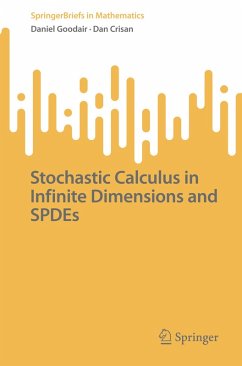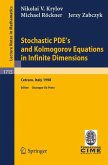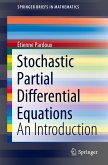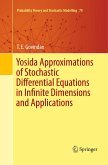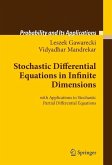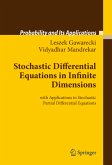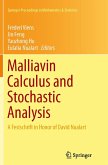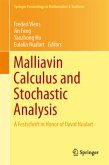Introducing a groundbreaking framework for stochastic partial differential equations (SPDEs), this work presents three significant advancements over the traditional variational approach.
Firstly, Stratonovich SPDEs are explicitly addressed. Widely used in physics, Stratonovich SPDEs have typically been converted to Ito form for mathematical treatment. While this conversion is understood heuristically, a comprehensive treatment in infinite dimensions has been lacking, primarily due to insufficient rigorous results on martingale properties.
Secondly, the framework incorporates differential noise, assuming the noise operator is only bounded from a smaller Hilbert space into a larger one, rather than within the same space. This necessitates additional regularity in the Ito form to solve the original Stratonovich SPDE. This aspect has been largely overlooked, despite the increasing popularity of gradient-dependent Stratonovich noise in fluid dynamics and regularisation by noise studies.
Lastly, the framework departs from the explicit duality structure (Gelfand Triple), which is typically expected in the study of analytically strong solutions. This extension builds on the classical variational framework established by Röckner and Pardoux, advancing it in all three key aspects.
Explore this innovative approach that not only addresses existing challenges but also opens new avenues for research and application in SPDEs.
Firstly, Stratonovich SPDEs are explicitly addressed. Widely used in physics, Stratonovich SPDEs have typically been converted to Ito form for mathematical treatment. While this conversion is understood heuristically, a comprehensive treatment in infinite dimensions has been lacking, primarily due to insufficient rigorous results on martingale properties.
Secondly, the framework incorporates differential noise, assuming the noise operator is only bounded from a smaller Hilbert space into a larger one, rather than within the same space. This necessitates additional regularity in the Ito form to solve the original Stratonovich SPDE. This aspect has been largely overlooked, despite the increasing popularity of gradient-dependent Stratonovich noise in fluid dynamics and regularisation by noise studies.
Lastly, the framework departs from the explicit duality structure (Gelfand Triple), which is typically expected in the study of analytically strong solutions. This extension builds on the classical variational framework established by Röckner and Pardoux, advancing it in all three key aspects.
Explore this innovative approach that not only addresses existing challenges but also opens new avenues for research and application in SPDEs.

